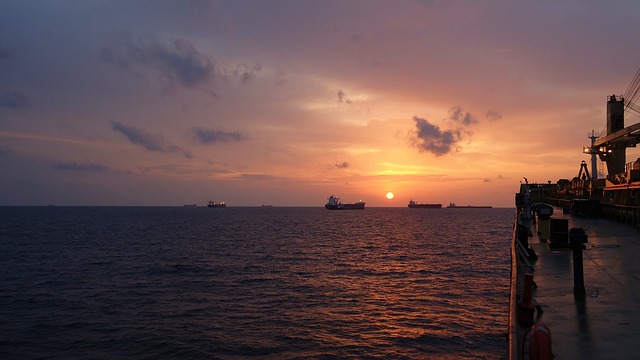Bingo Plus Philippines
Please press the register/login button

to register or login.

Phone number with OTP
Facebook account authorization
Google account authorization
 The only legit online Bingo!
The only legit online Bingo!



to register or login.

Register/Login ways:
Phone number with OTP
Facebook account authorization
Google account authorization
Play 24/7 live Bingo Plus now!
 The only legit online Bingo!
The only legit online Bingo!


Bingo Plus Philippines Login Register Portal
Bingo Plus Philippines is the easiest way to play bingo and win big. Follow our easy steps, choose your favorite game, and start playing today!
Bingo Plus Philippines is the best in the business. One of our many features is the ability to use different modes of payment, be it online banking transfer or a cash-in teller. We also provide a live chat system for those who need help or simply want to know more about our product. Our customer support is always there to answer your questions and to ensure that your experience with us will be one for the books. Check out Bingo Plus today!
Bingo Plus Philippines provides a safe and hassle-free environment for players to enjoy their favorite games. Join us now to experience the best in Philippine bingo.

The Republic of the Philippines, sometimes known as the Philippines, is an archipelago nation in Southeast Asia. It is located in the western Pacific Ocean and is made up of roughly 7,641 islands. From north to south, these islands are essentially divided into Luzon, Visayas, and Mindanao. The South China Sea, Philippine Sea, and Celebes Sea all encircle the Philippines on its western, eastern, and southern borders, respectively.
The Philippines, the thirteenth-most populous country in the world, with a land area of 300,000 km2, and as of 2021, it had a population of about 109 million. The islands of the Philippines are home to a variety of ethnic and cultural groups. The largest city in the nation is Quezon City, and the capital of the nation is Manila; both are located in the Metro Manila metropolitan area.
The archipelago's early settlers, the Negritos, were followed by waves of Austronesian settlers. Kedatuan, Rajahnates, and Sultanates were island kingdoms founded as a result of the adoption of animism, Hinduism, and Islam. The start of Spanish colonialism was signaled by the arrival of Ferdinand Magellan, a Portuguese adventurer who was commanding a fleet for Spain.
The archipelago was given the name Las Islas Filipinas in 1543 by the Spanish adventurer Ruy Lopez de Villalobos in tribute to King Philip II of Spain. Beginning in 1565 with Spanish settlement through Mexico, the Spanish Empire governed the Philippines for more than 300 years. Manila developed into the western hub of trans-Pacific trade during this period, and Catholicism rose to prominence as the predominant religion. The Philippine Revolution got underway in 1896, and the Spanish-American War followed in 1898.
While Filipino revolutionaries proclaimed the First Philippine Republic, Spain relinquished the region to the United States. Following the conclusion of the subsequent Philippine-American War, the United States took control of the region, a position they held up until the Japanese invasion of the islands during World War II. The Philippines were then granted independence in 1946. Since that time, the unitary sovereign state has frequently gone through turbulent democratic transitions, including the nonviolent toppling of a protracted dictatorship.

